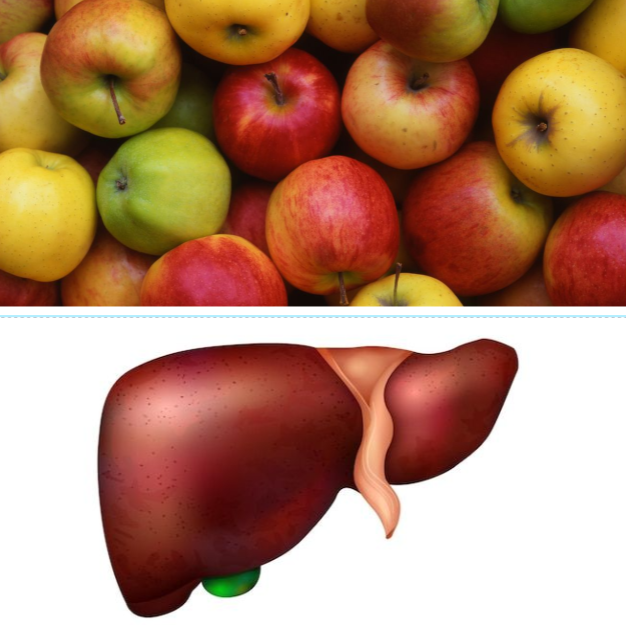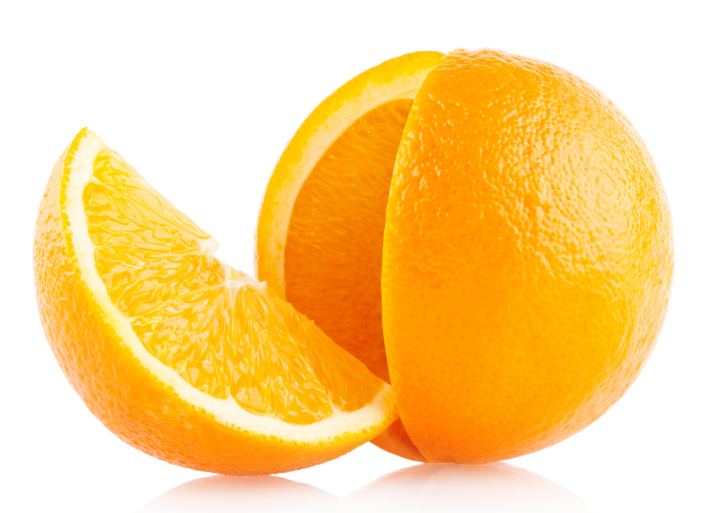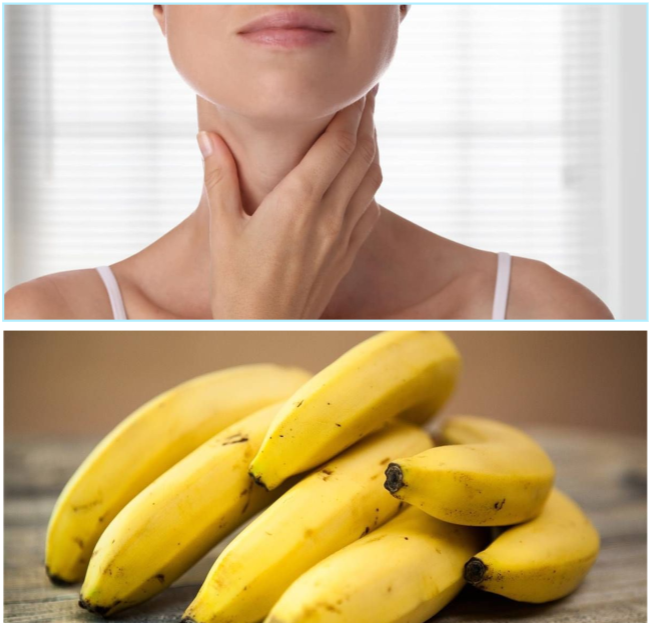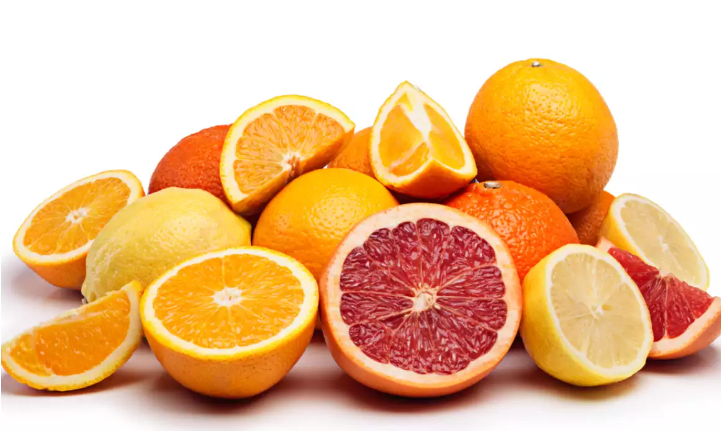Fruit is a nutritious choice loaded with vitamins and fiber. Still, people are often concerned about whether fruit might damage their teeth, especially since some are sugary and acidic. This detailed guide will delve into how fruit influences your oral health and answer frequently asked questions about the relationship between fruit and your teeth.
Fruits are a key component of a balanced diet, but their impact on your teeth can be a cause for concern. The sugar and acid in certain fruits could lead to tooth decay and enamel loss. However, there are also fruits with lower sugar content that support good dental hygiene.
Table of Contents
- The Effects of Fruit on Oral Health
- Sugary Fruits to Enjoy Sparingly
- Teeth-Friendly Low Sugar Fruits
- Tips for Protecting Your Teeth When Eating Fruit
- Common Questions and Answers
- Do fruits lead to cavities?
- Are dried fruits harmful to my teeth?
- What fruits are low in sugar and good for my teeth?
- How can I look after my teeth while eating fruit?
- Should I stop eating fruit to protect my teeth?
- Can I still consume high-sugar fruits sometimes?
- Summary
The Effects of Fruit on Oral Health
Consuming fruit can have mixed outcomes for your teeth. The beneficial side includes an abundance of important vitamins and fiber that contribute to strong teeth and gum health. Eating fruits also stimulates saliva, which naturally cleans your mouth of food bits and bacteria. On the other hand, fruits rich in sugar and acid can harm your teeth’s outer layer, known as enamel, when sugar interacts with bacteria leading to acids that damage this protective layer. Acidic fruits can amplify this erosion, making teeth prone to decay and sensitivity.
Sugary Fruits to Enjoy Sparingly
Although all fruits have some sugar, certain ones have higher levels and should be eaten in smaller amounts. Be mindful of:
- Bananas
- Grapes
- Mangoes
- Pineapple
- Dried fruits like raisins and apricots
When you choose to eat these fruits, remember to rinse with water afterward and wait for about half an hour before brushing to avoid hurting your enamel further.
Teeth-Friendly Low Sugar Fruits
Fortunately, several fruits contain less sugar and are beneficial for your dental hygiene, including:
- Apples
- Berries
- Kiwi
- Melons
- Oranges
Not only do these fruits offer nutritional value, but crunchy ones like apples can help clean your teeth and stimulate saliva flow.
Tips for Protecting Your Teeth When Eating Fruit
To safeguard your teeth while enjoying fruits, try these strategies:
- Combine fruit with your meals: This can balance the acids and reduce tooth erosion chances.
- Clean with water: Swishing water around your mouth after eating fruit can clear away lingering sugar and acid.
- Delay brushing: Hold off for 30 minutes after acidic fruit. Brushing right away can cause more enamel damage.
- Chew sugar-free gum: This can boost saliva flow and neutralize mouth acids.
Common Questions and Answers
Do fruits lead to cavities?
Yes, fruits with a lot of sugar can raise the risk of cavities since sugar leads to acids in the mouth that wear down enamel.
Are dried fruits harmful to my teeth?
Dried fruits, due to their high sugar content and sticky nature, can cling to teeth and promote decay. It’s best to rinse your mouth after consuming them and wait a bit before brushing.
What fruits are low in sugar and good for my teeth?
Apples, berries, kiwis, melons, and oranges are low-sugar options that are also full of vitamins and fibers, supporting both dental and overall health.
How can I look after my teeth while eating fruit?
Protect your teeth by eating fruits during meals, rinsing with water, brushing after a gap, and chewing sugar-free gum afterward.
Should I stop eating fruit to protect my teeth?
No need to avoid fruit entirely. It’s abundant in essential nutrients. Moderation and protective measures will allow you to enjoy its benefits safely.
Can I still consume high-sugar fruits sometimes?
Indulging in high-sugar fruits occasionally is fine if you care for your teeth afterward by rinsing, delaying brushing, and eating them with meals rather than alone.
Summary
Fruits can be both beneficial and detrimental to dental health, depending on the variety and quantity eaten. Despite the high sugar content and acidity in some, many fruits are low in sugar and support dental well-being. Protect your teeth by eating fruits as part of meals, rinsing your mouth, waiting to brush, and chewing sugarless gum. With these precautions, you can reap the health benefits of fruits without compromising your dental hygiene.









